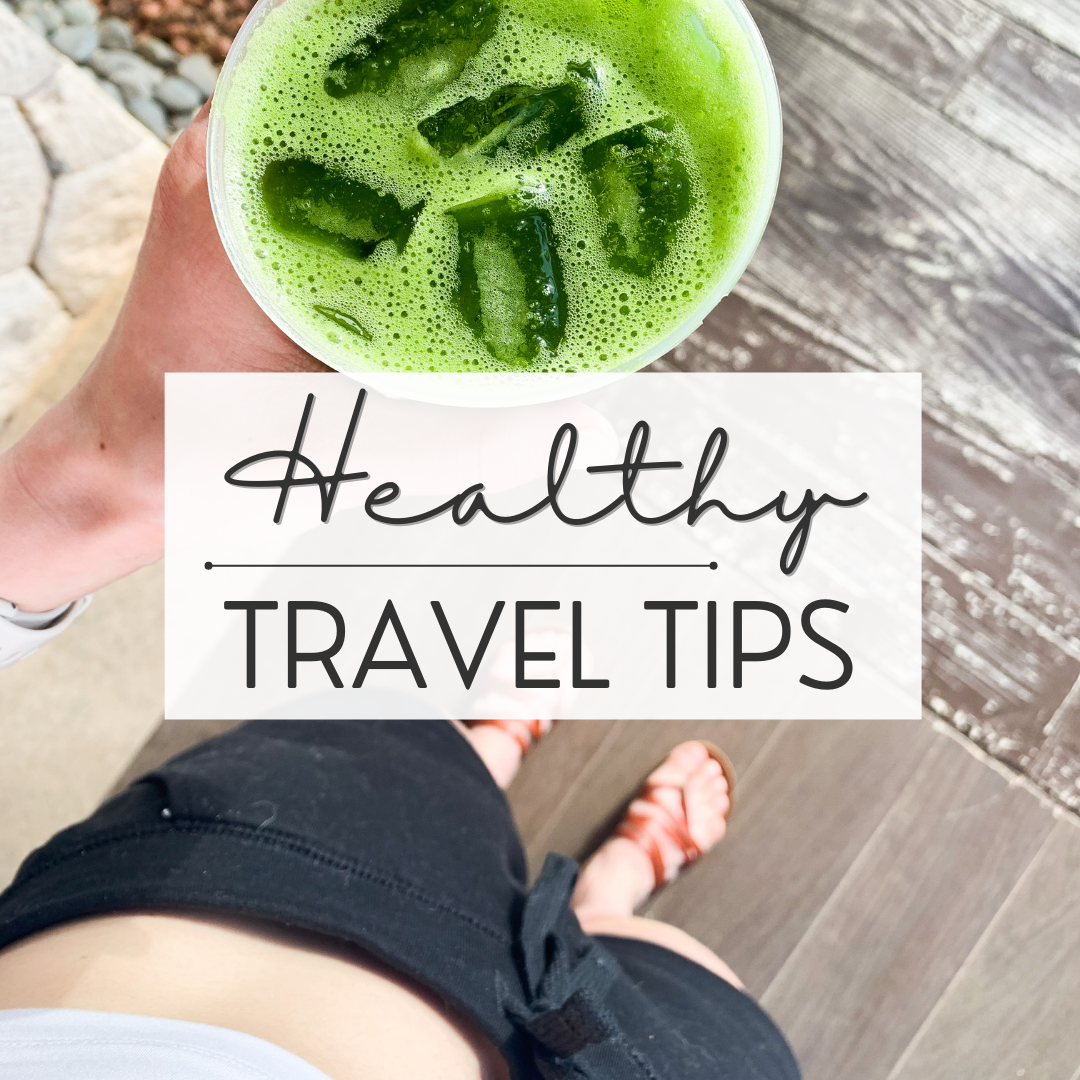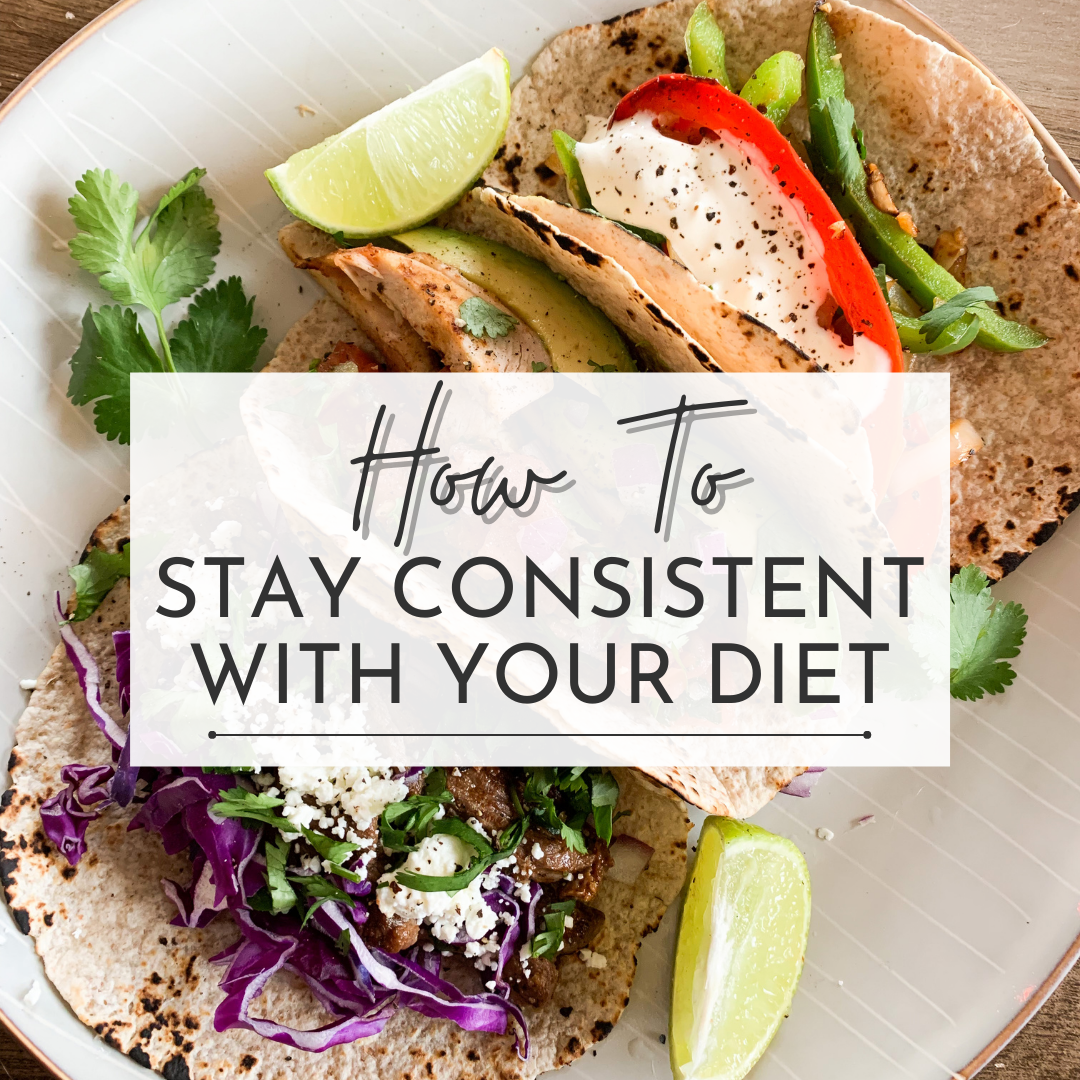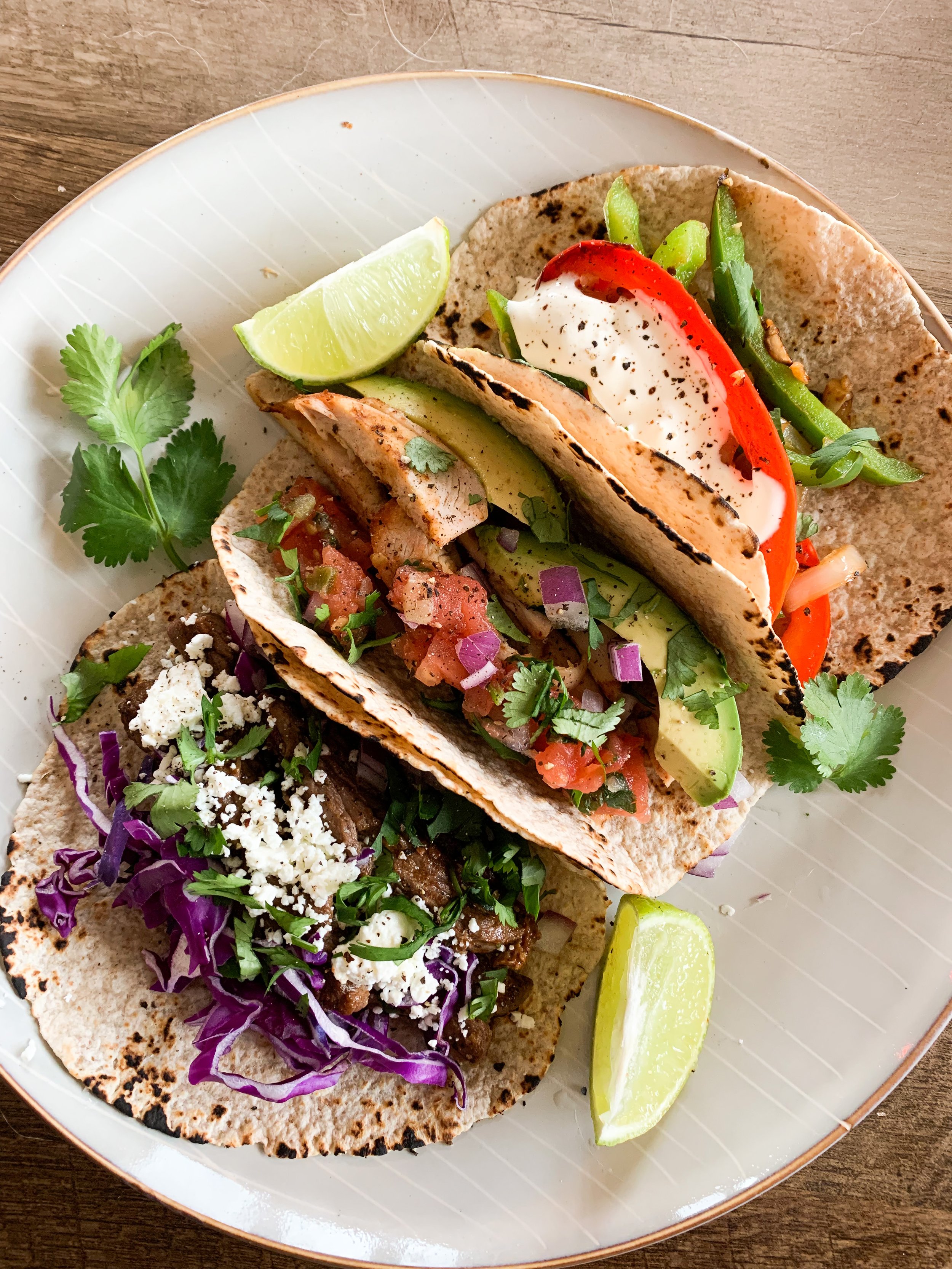Listen up: these are the tips you’ll need to spend some time thinking about, planning, and making adjustments to as needed. These are NOT the “eat this, don’t eat that” or “workout like this, for x amount of minutes every single day” type of tips because that’s not how I coach, and that’s not how I believe healthy habits and success are created and sustained.
What you’ll find here are 3 questions to ask yourself as you prepare for your time traveling. These are intended to help you establish realistic goals and healthy behaviors to implement throughout your travels so that you can both enjoy yourself and experience the fun of traveling, and maintain focus on your overall health, fitness, wellness, etc. goal(s).
I would highly recommend working with an experienced trainer and nutrition coach here. We can use our expertise and experience to guide you towards realistic, attainable, and sustainable goals and behaviors specific to YOU and your lifestyle (as well as where you are traveling to, and more). Again, this is not a one-size-fits-all approach!
Each question is followed by a few examples of application.
What healthy habits from your normal daily or weekly routine can you easily maintain on this trip? For example…
Taking a 10-20 minute walk after each meal (or at least once a day).
Packing a probiotic supplement to take each morning with breakfast or coffee.
Aiming to consume at least a half gallon of water every single day.
Creating time for exercise 3-4 times a week (bodyweight exercises, yoga, and brisk walking all count!).
What do you want to allow yourself to indulge in that is not a part of your normal routine?
An extra glass or two of wine or low-sugar cocktail.
A couple more bites of sweet treats or less nutrient-dense foods throughout the day to enjoy the cuisine.
One or two fewer workouts in exchange for sleeping in, spending more time with loved ones, or exploring the destination.
In what ways can you enhance your health, fitness, overall wellness on this trip?
Enjoy some fresh-squeezed green juice in tropical locations - it’s delicious and so refreshing!
Soak up the sun if you’re able to. Don’t underestimate the power of vitamin D!
Spend quality time with your travel buddies, or get to know the locals. Create meaningful connections!
And of course, don’t limit yourself on nutrient-dense foods. Nothing feels better than feeling nourished and satisfied while traveling! Plus, nutrient dense can be just as delicious as their counterparts.
The best part about this strategy is that it’s designed to fit your lifestyle and enhance your enjoyment of traveling, while keeping you healthy and on track toward your goals. It’s customizable and adaptable. Make it work for YOU!
As always, prioritize feeling your best and feeding your highest self, physically, mentally, and emotionally.





